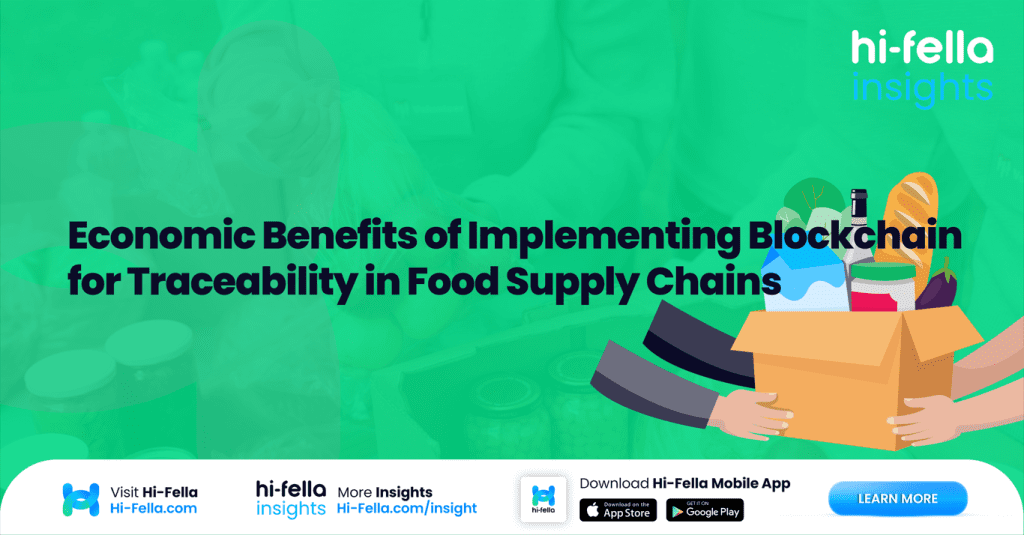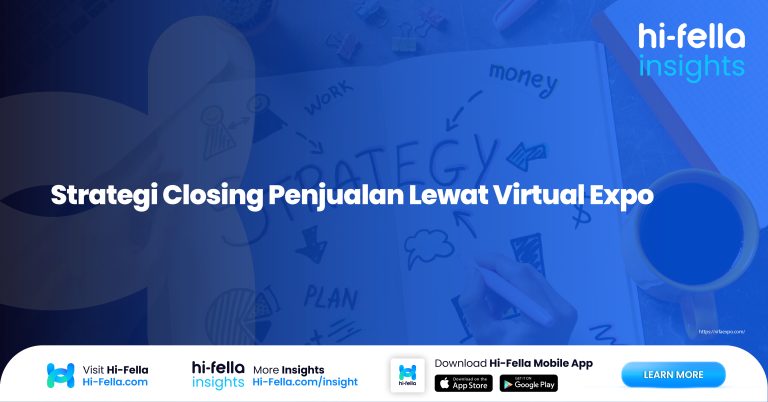Food travels. From ocean to plate, farm to fork, or tree to smoothie bottle, every food product has a story—and in today’s markets, that story matters more than ever. But here’s the thing: most of that journey is still opaque, outdated, and vulnerable to error, fraud, or waste.
Enter blockchain. Once a buzzword in crypto circles, it’s now carving a legitimate role in the traceability of food supply chains. And it’s not just a transparency play—it’s an economic game-changer.
Let’s unpack how blockchain can transform traceability, unlock real financial value, and build a more resilient global food economy.
The Current Traceability Problem: Fragmented and Costly
Traditional food supply chains rely on a patchwork of paperwork, siloed databases, phone calls, and middlemen. A single product might pass through dozens of hands—from producers to processors, packers, importers, and retailers—each logging info differently, if at all.
This lack of unified, tamper-proof traceability results in:
- Slower response during food recalls
- Wasted inventory due to unverifiable origins
- Increased compliance costs
- Vulnerability to fraud (think: fish mislabelling or counterfeit certifications)
- Poor consumer trust and brand reputation
All of that carries an economic cost—lost sales, fines, litigation, or just plain inefficiency. Blockchain offers a new way forward.
What Blockchain Actually Brings to the Table
At its core, blockchain is a decentralised, immutable ledger. Every transaction or data point—whether it’s a catch certificate for seafood, a pesticide usage record for apples, or a temperature log for frozen chicken—is time-stamped and locked in.
No one party can change the record. Everyone in the supply chain can access the same source of truth. And that kind of transparency opens up serious financial opportunities.
Let’s talk numbers.
Reduced Costs from Faster, Accurate Recalls
When a food safety issue arises—salmonella in lettuce, listeria in cheese—speed is everything. The faster you identify the source and isolate the contaminated batch, the less product you waste and the fewer retailers or regions are affected.
Blockchain-enabled systems can trace a product’s full journey in seconds—not days. Walmart’s pilot with IBM, for instance, reduced mango traceability from 7 days to 2.2 seconds.
Economic win? Lower recall costs, reduced legal exposure, and stronger retailer confidence. That’s money saved—at scale.
Greater Market Access and Premium Pricing
More consumers (and buyers) want to know where their food comes from. Organic, sustainable, locally sourced—these aren’t just feel-good terms anymore, they’re economic levers.
Blockchain-backed traceability gives proof, not promises. A shrimp exporter in Indonesia can provide tamper-proof data about farming conditions, antibiotics used, or transport temperature—directly to a European buyer or even the end consumer.
Result? Access to premium markets, brand differentiation, and potentially better pricing. Transparency is turning into a currency.
Streamlined Compliance and Lower Regulatory Costs
Food exporters know the drill—every destination country comes with its own paperwork, safety standards, and traceability mandates. Meeting them is a time- and money-intensive process.
Blockchain can streamline documentation, reduce duplication, and provide an audit trail that satisfies regulators instantly. Instead of preparing compliance packs per shipment, suppliers can grant real-time access to verified data across the chain.
Savings? Lower administrative overhead, fewer rejections at customs, and faster clearance times. Efficiency becomes a competitive edge.
Fraud Reduction and Brand Protection
Food fraud is a multibillion-dollar issue. Think horse meat in beef lasagna, fake olive oil, or farmed fish sold as wild-caught. These aren’t just ethics problems—they’re economic landmines.
Blockchain can make fraud significantly harder. If every node in the supply chain verifies and records inputs, it’s nearly impossible to alter or fake a product’s origin or quality. This protects not just buyers and consumers—but the entire brand ecosystem.
Bonus: Trust translates to customer loyalty, investor confidence, and long-term brand value.
Inventory Optimisation and Waste Reduction
Imagine knowing the exact condition and location of your product at every stage—whether it’s stored at optimal temperature, delayed at customs, or reaching its shelf-life threshold.
Blockchain, especially when integrated with IoT sensors, offers that visibility. That means suppliers can make smarter logistics decisions, reroute perishables, or prioritise delivery based on freshness.
Bottom line? Reduced spoilage, better stock rotation, and lower inventory carrying costs.
Enabling Micro-Incentives and Smart Contracts
Here’s where things get really interesting. Blockchain platforms allow for smart contracts—automated agreements that execute when conditions are met. A logistics partner, for instance, could be paid instantly upon successful cold-chain delivery, verified by temperature data.
Farmers could receive micro-rewards for meeting sustainability metrics—such as water efficiency or pesticide reduction—recorded and validated on the chain.
These programmable incentives could redefine supplier relationships and make sustainability economically viable, not just idealistic.
Challenges and What It Takes to Unlock These Benefits
Let’s be real—blockchain isn’t plug-and-play. Costs for integration, onboarding smallholder suppliers, and standardising data formats are real challenges.
But here’s the twist: these are short-term investments with long-term payoffs. The cost of not upgrading—lost deals, wasted stock, brand damage—is often higher.
And with the right partnerships, especially through trade platforms and exhibition networks, even small and mid-sized food players can tap into blockchain ecosystems built for scale.
The Role of Platforms Like hi-fella in Making It Work
Technology alone doesn’t drive change. Networks, access, and visibility do. This is where platforms like hi-fella become essential partners.
hi-fella bridges the gap between suppliers and global markets, helping businesses adopt traceability tools, showcase transparent products at international exhibitions, and meet import/export standards with confidence.
It’s not just about listing your products—it’s about levelling up how you trade. Blockchain is part of that evolution, and hi-fella offers the infrastructure and industry exposure to make it practical and profitable.
Traceability Isn’t a Trend—It’s the Future of Profitability
In a world where food systems are getting smarter, consumers are getting savvier, and risks are getting sharper—traceability isn’t just about doing the right thing. It’s about doing the smart thing.
Blockchain gives us the tools to build trust, cut costs, boost margins, and unlock global opportunities in food supply chains. But only if you pair the tech with strategic platforms and bold thinking.
Ready to scale your traceable food business into international markets? Let hi-fella be your launchpad—for trade shows, export know-how, and tech-enabled visibility that turns transparency into traction.
Trade smarter. Trace deeper. Grow further—with hi-fella!








